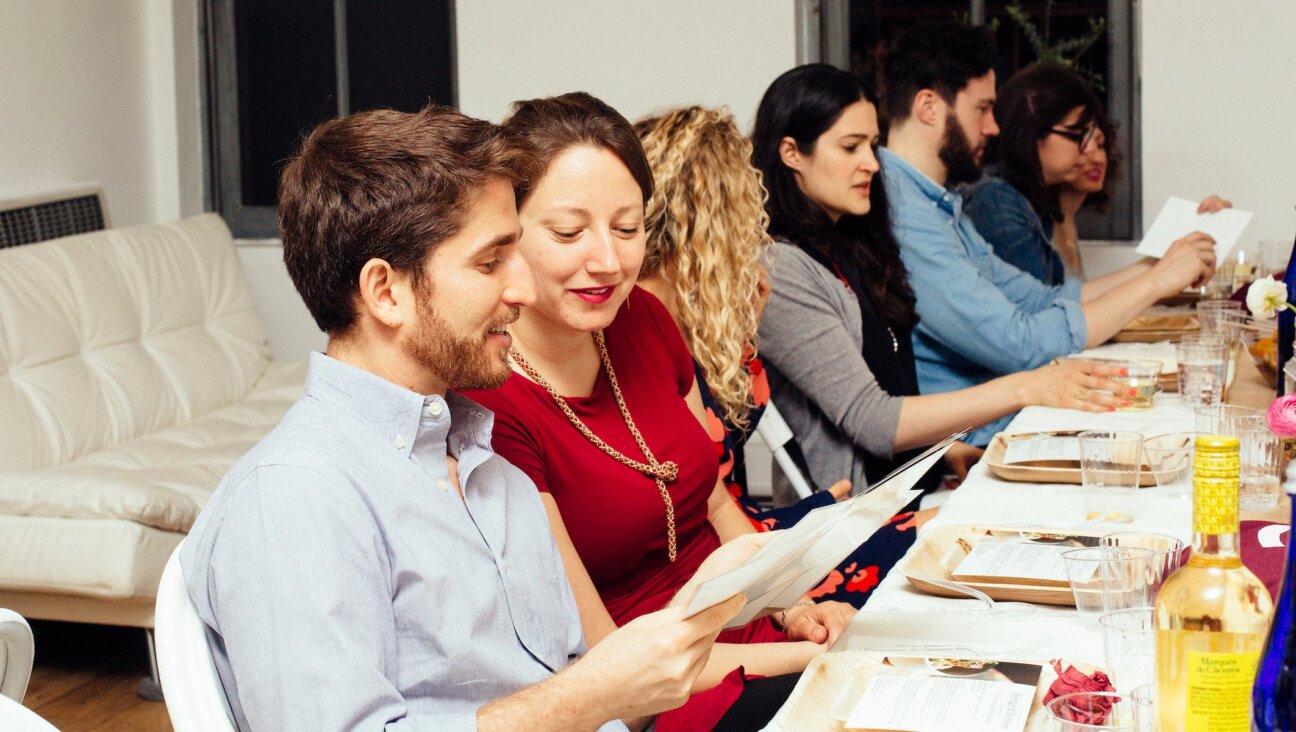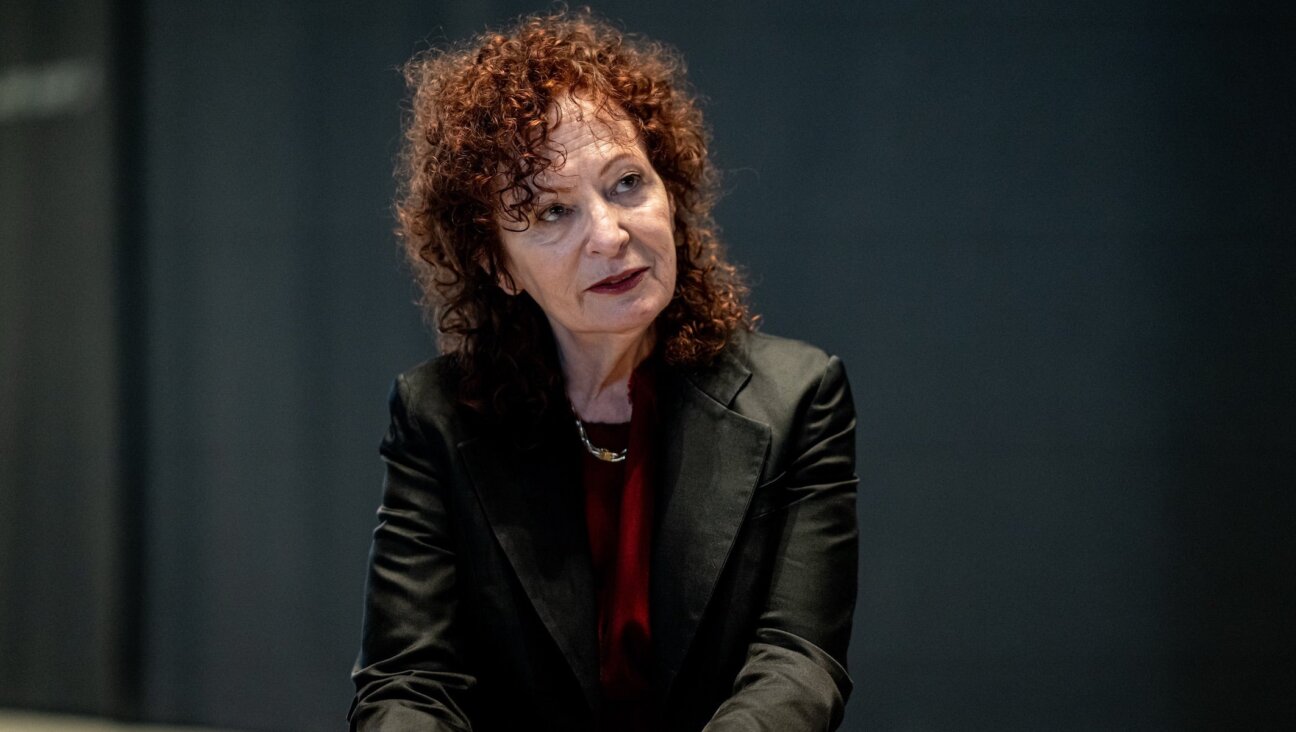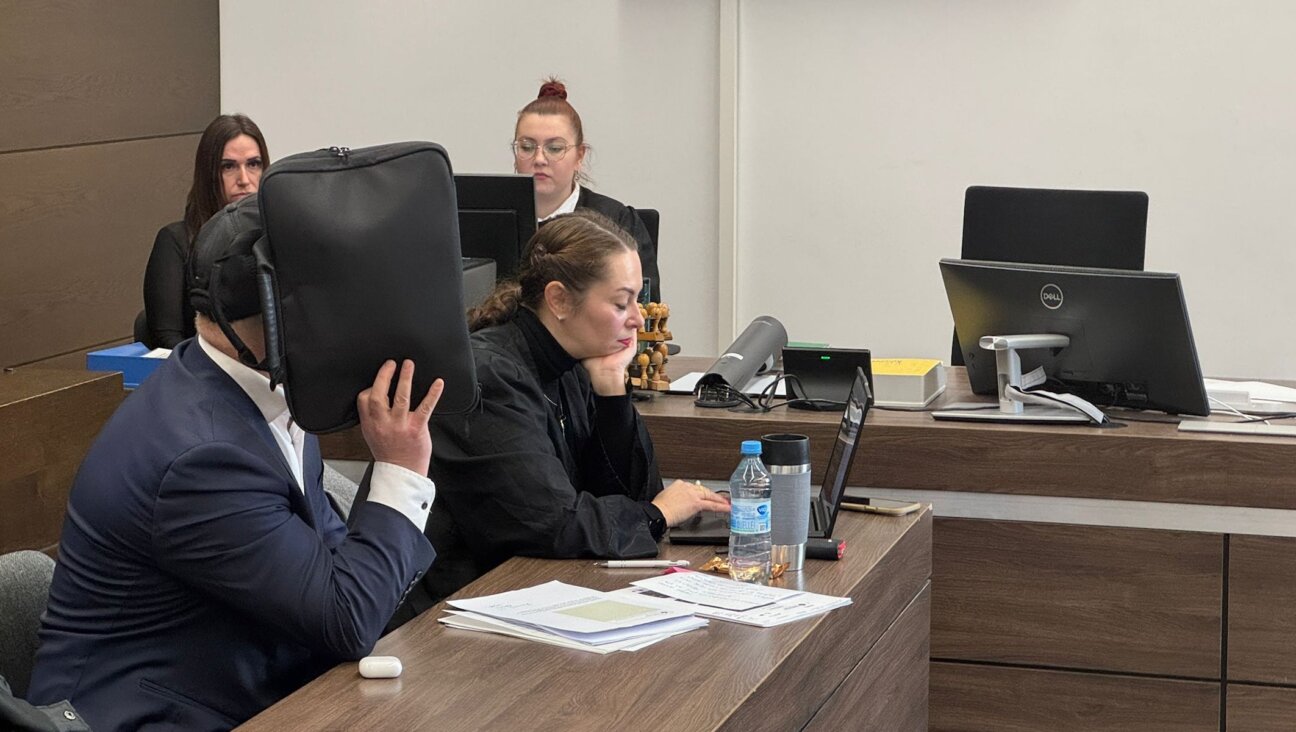All of Israel Responsible for One Another’s Children
When I first hear about any terrorist tragedy, whether here in Israel or elsewhere in the world, my mind races from the victims who lost their lives to the secondary victims — the children, the children who lost and continue to lose parents and siblings and best friends and their innocence. I also fear for the life of my own son, a soldier stationed in the West Bank city of Nablus.
As a guidance counselor at the ORT Ramot School in Jerusalem, I work closely with children who are profoundly affected by the traumatic scenes and events that bombard them every day. They display pronounced symptoms, as they try to cope with the insanity around them. As teachers, we can only try to help them exorcise their demons and understand the adult fears they are forced to face as children or teens. It was with broken hearts that we recognized the same behavior as we watched the children of Maryland and Virginia last year; the same vulnerability, despair and confusion.
Hearing the awful details of September 11 brought on an all-too-familiar feeling: nauseous panic, uncertainty and overwhelming vulnerability. I used to think to myself before going to bed each night, when and where will the next suicide bombing be carried out? Where will my children be? Where will my students be? And now I worry, not just about my family here in Israel, but for people who represent democracy and freedom all over the world, wherever their travel takes them — from New York to Bali to Kenya.
The anthrax scare, the Washington-area sniper and the continued threats of “spectacular” devastation that may be afflicted upon Americans impact the life of the average Israeli. We know what you feel like when you have to consider that an ordinary trip to the grocery store or trip to a gas station will be your last. We share with you a common set of values: our families are precious, our desire for peace and tranquility resounding, our need for democratic freedom unequivocal. The only difference is that Americans may not have been prepared that such atrocities might take place on their home soil. For us, fear — and coping with it — are as old as our history.
Ari, a student with whom I work particularly closely, wanted to meet his school friend Saul at a cafe in the center of Jerusalem. Saul was reluctant, as his mother had warned him how dangerous that area was, but he nevertheless agreed. On his way to the cafe, Ari stopped at a CD store to find some music for which he had been looking. Saul, however, continued to the meeting place on time, only to be caught in a suicide bomber’s explosion, from which he later died. Ari, whose life was spared, has since been tortured by nightmares, certain it was he who was responsible for Saul’s death.
As seasoned veterans in the fight against terror afflicting children like Ari, we have developed a model called “Four Stages” for the 145 schools in the ORT network. These are the four stages of dialogue we conduct in class after a terrorist act has taken place, based on the different variables that affect how a child reacts to the crisis.
The first stage is “Venting”, in which we encourage children to express their feelings verbally. Next is the “Information” stage, in which we provide students with the information they need about what just happened. This stage paves the way for the third stage of “Position Taking,” which enables students to form their own opinions, based on the facts that have been provided. Finally, in the fourth stage, “Acting Out,” we encourage the children to plan an activity or act on their emotions in a nonviolent way, such as through art, drama or poetry.
By implementing the “Four Stages,” we can help children deal effectively with events as they occur, and encourage healthy responses. We try to provide students with all the information available, to help them develop an objective opinion, push them to use their hands to build things and use their imagination to create in a way that will let them cope with their surroundings safely, rather than hurting themselves or others.
As we hold our children in our arms, there is not a doubt in our minds that nothing good can be ever by achieved through terrorism, suicide bombs or war. There is no cure or solution for the horrible scars our children are left with when they must grow up without a father, or the emotions our children — and yours — must cope with each night when they wonder if they will make it to school safely, or if their parent will survive the ride home from a business trip.
We all agree that we must resolve our differences, but as the proverbial soldiers on the front in the war against terrorism, it is our children whose voices scream the loudest.
Drora Karniel is a guidance counselor at the ORT Ramot School in Jerusalem.
















